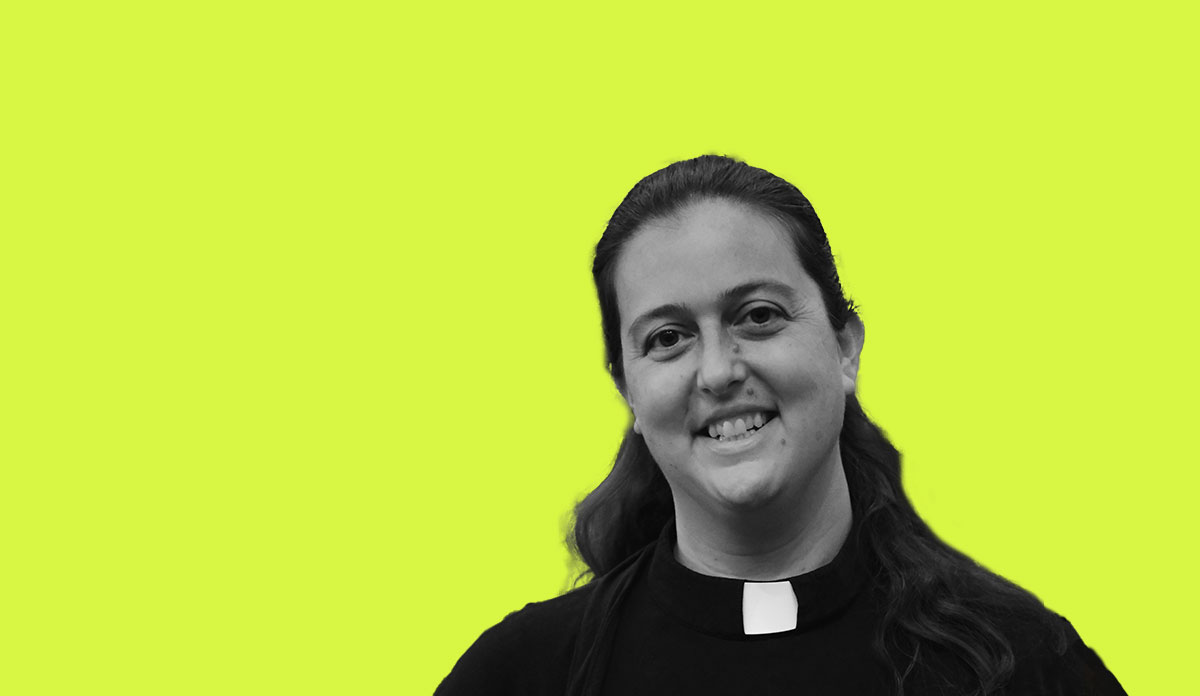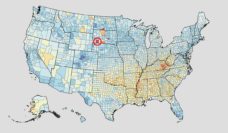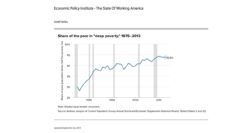Public Health Post: How can faith groups serve the public health needs of their communities?
Reverend Dr. Liz Theoharis: Our faith traditions present both significant obstacles and powerful tools for public health. A favorite Bible passage of mine is when someone with a poor health condition comes to Jesus. He’s called a leper, and he says, “If you choose, you can heal me.” I see that as a model for the public health work we’re trying to do. We have the solutions at hand. We could heal people. The question is, are we going to choose?
For a long time, the faith community has individualized and spiritualized many of the injustices that happen in our world today. We’ve blamed the individual for their health situation. We say they made poor choices, rather than saying that society is set up in a way that makes people’s health and public health not possible.
If you take seriously the message of our biblical and sacred text, then you’d better be in the fight for justice and economic prosperity for all and public health, because that’s where the prophets of old and those who have helped to shape our faith traditions were and still are.
You’ve written about how the United States is a sacrifice zone. In public health we often talk about how U.S. public health metrics compare to other wealthy countries. Why do you think we have this scarcity mindset when we have so many resources?
We have scarcity of political will to take on injustice. This notion of scarcity benefits the wealthy. It’s always the folks in power, whether it’s the Pentagon, which always has its full budget approved, or Wall Street, which gets any bailout they ask for, that are saying, “We can’t afford to feed kids, we can’t afford to extend a child credit and expand it, it’s just too costly.”
When people hear the reality, that we throw away more food than it takes to feed everybody, that there’s five abandoned houses for every homeless person in this country, that we’re spending so much money on healthcare and still have some of the worst healthcare in the world, we realize that this doesn’t have to be. For every dollar spent building climate resilient jobs, we save three, four times that much in the future. Those jobs and those investments redound to the benefit all.
I’m curious about your take on targeted universalism. Do you think that idea has a helpful place in this conversation?
We have to take equity, justice, and histories of systemic oppression seriously. When the Poor People’s Campaign does policy and legislative work, we aggregate the numbers. We pay attention to who is being lifted up. When you lift from the bottom, when you make sure that people have healthcare and housing and adequate food and quality education for their kids, it benefits the whole.
That mindset serves everybody’s interest. That’s how you judge whether you’re going to be able to build just legislation and have a just society.
Speaking of policy, you’ve written about the Inflation Reduction Act and how it’s making important advancements, but doesn’t go far enough. How can ordinary citizens push for politicians to include everything we need in policy?
When we look at movements for justice in history, we find that the most successful were motivated by those who are most impacted.
The answer to the public health crisis, to the lack of living wages, family and medical leave, and climate resilient jobs, is that we know what needs to happen. It’s actually far less costly to do the right thing.
You can’t just talk about doing something about the climate. You have to talk about environmental injustice and racism. You can’t just make some medicines and drugs and prescriptions cheaper for some people when millions are choosing between paying rent and buying medicines. These issues are interconnected, and the solutions are interconnected as well.
We applaud the Inflation Reduction Act and other visionary policies passed by this administration, but we have to do more. And we have to call out the people blocking these historic advancements from happening.
Theoharis will appear as a part of the Boston University School of Public Health Challenging Public Health series on Oct. 12 at 1 p.m. Registration is free.














